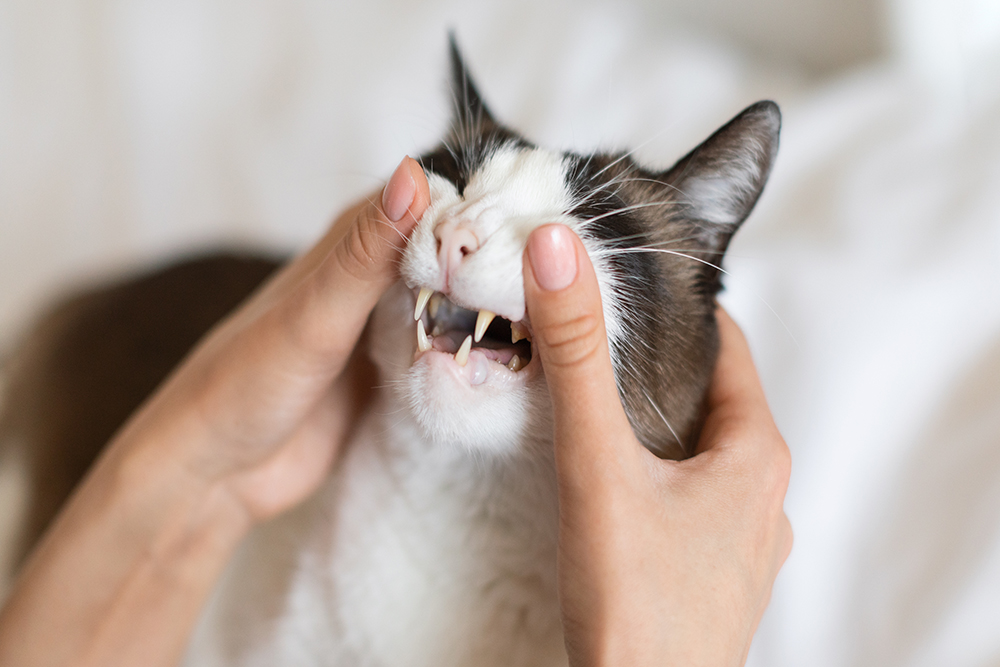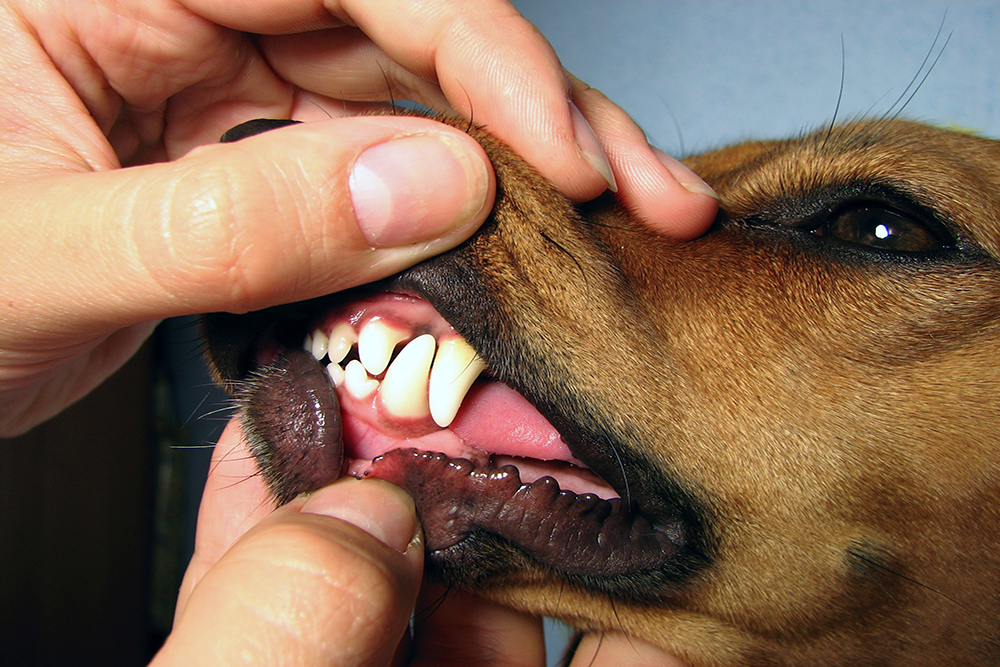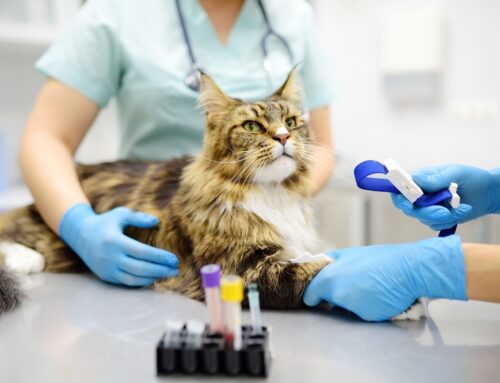As our pets enter their golden years, their health needs shift—and dental care becomes more important than ever. At Oliver Animal Hospital in Austin, Texas, we know just how deeply you care for your aging dog or cat. That’s why we’re here to help you navigate the unique dental challenges that come with senior pets, so you can keep them comfortable, happy, and healthy for years to come.
This guide walks you through at-home care, common senior dental issues, and veterinary services that work together to protect your pet’s oral health and overall well-being.
Why Dental Care Matters More for Senior Pets
Dental disease is one of the most common health issues in older pets—and it’s also one of the most overlooked. Without proper care, plaque turns into tartar, which leads to gum disease, infection, tooth loss, and even organ damage.
Did you know? Dental infections can impact the heart, liver, and kidneys. That’s why keeping your senior pet’s mouth clean isn’t just about their smile—it’s about their whole-body health.
At-Home Dental Care for Senior Pets: Easy, Effective, and Gentle
Brushing Basics: How to Clean Your Senior Pet’s Teeth
Daily brushing is the gold standard for dental care—but we know it can feel intimidating, especially if your pet’s never had their teeth brushed before.
Here’s how to get started:
- Use the Right Tools: A pet-specific toothbrush and vet-approved toothpaste are a must. Human toothpaste contains ingredients that are toxic to pets.
- Start Slow: Let your pet sniff and lick the toothbrush to get used to the experience.
- Position Comfortably: Sit beside or behind your pet—never hold them down.
- Brush Gently: Focus on the gumline using small circular motions. Don’t worry about perfection—consistency matters more.
- Positive Reinforcement: Use praise, pets, or a favorite treat after each session.
Even brushing a few times a week can make a big difference!
How to Brush Your Dog’s Teeth – CSU Veterinary Teaching Hospital
Are Dental Chews Safe for Seniors?
Dental treats can help reduce plaque—but not all are safe for older pets.
Choosing the Right Chews:
- Look for VOHC-approved (Veterinary Oral Health Council) products.
- Avoid hard bones or antlers, which can fracture teeth.
- Choose softer chews for pets with fragile teeth or dental sensitivity.
Common Dental Issues in Senior Dogs and Cats
1. Fractured Teeth
Older pets are more prone to broken teeth—often from chewing on hard objects or years of wear and tear.
Signs include:
- Sudden chewing discomfort
- Drooling or pawing at the face
- Avoiding hard food
Treatment options:
- Tooth extraction (often the best option for comfort)
- Restorative care in some cases
Diagnosis and Treatment of Fractured Teeth – Today’s Veterinary Practice
2. Hidden Problems Beneath the Surface
Many dental problems in senior pets aren’t visible to the naked eye. That’s where dental X-rays come in.
X-rays help detect:
- Tooth root infections
- Bone loss
- Hidden fractures
- Resorptive lesions (especially common in older cats)
These conditions are painful—and often go undiagnosed without imaging.
Why X-Rays Matter in Pet Dentistry – Preventive Vet
Veterinary Dental Visits: What to Expect
Senior pets often require more frequent dental check-ups than younger animals. A comprehensive exam may include:
- Oral health evaluation under sedation
- Full-mouth X-rays
- Professional scaling and polishing
- Tooth extraction if needed
These cleanings aren’t just cosmetic—they remove bacteria, reduce inflammation, and prevent future problems.
Explore Our Veterinary Services
Whole-Pet Wellness Starts with a Healthy Mouth
Dental disease doesn’t just affect your pet’s ability to eat—it can impact energy levels, mood, mobility, and overall quality of life.
Signs Your Pet Might Be in Dental Pain:
- Bad breath
- Difficulty chewing or dropping food
- Reluctance to play with toys
- Red, swollen gums
- Weight loss or picky eating
If you notice any of these symptoms, don’t wait. The sooner we intervene, the better your pet will feel.
Your Senior Pet Dental Care Checklist
- Brush teeth regularly using pet-safe toothpaste
- Offer safe, VOHC-approved dental treats
- Schedule veterinary cleanings and X-rays
- Watch for signs of dental pain or infection
- Keep your pet’s mouth part of their wellness routine
Comfort and Quality of Life Matter Most
At Oliver Animal Hospital, we believe every pet deserves to age with dignity, comfort, and love. Taking care of your senior pet’s teeth is one of the most powerful ways you can help them enjoy their golden years.
Questions about your pet’s dental health?
We’re here to support you—whether you’re just starting a home brushing routine or scheduling a professional cleaning.
Contact us today to schedule a dental exam or consultation.
Together, we’ll keep that senior smile shining.








Leave A Comment